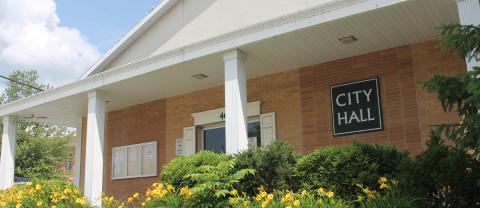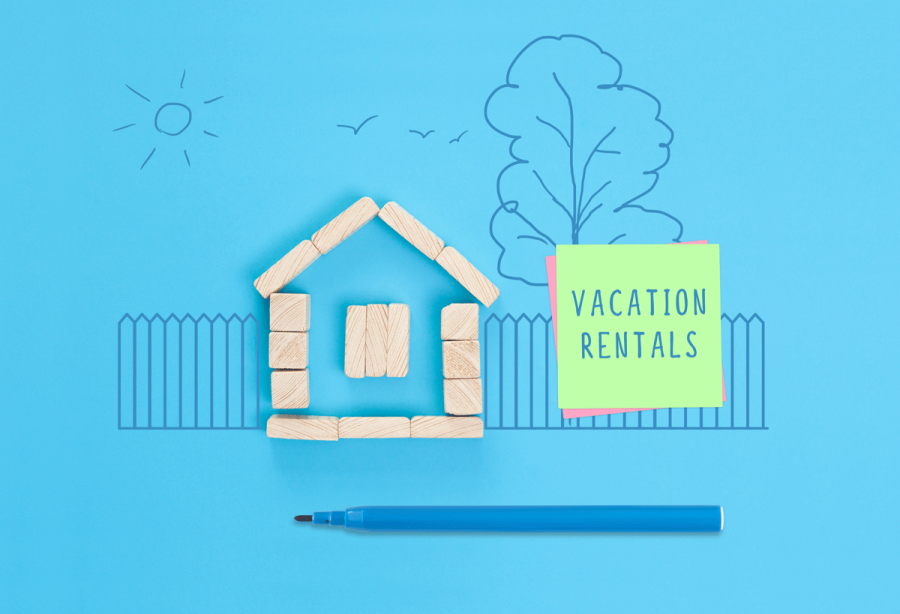MARC staff reviewed these communities’ policies to look for common components across regulations. STRs are generally defined as any dwelling unit, rooming unit, or room rented or leased for valuable consideration for periods of time less than 30 days. Additionally, common parts of the regulations included - ownership, licensing, land-use consideration, occupancy limits, parking, safety standards, enforcement, and taxes and fees.
Ownership
Most regulations addressed ownership. Some communities require the owner of the STR also have the property serve as the owner’s primary residence. Others stipulate the owners appoint an agent who manages the STR in the owner’s place. Some required the owner or agent be within an hour’s drive of the property.
Licensing
Most communities require STR owners to receive a license from the city or town where the STR is located. The procedure for this is laid out within the code and often incorporates a licensing fee.
Land-Use Considerations
Some communities set limits on the number of STRs licenses that can be issued per parcel of land. Additionally, a few communities require special use permits for STRs in lieu of occupational or business licenses.
Occupancy
Many communities have fluid caps on occupancy. Some regulate this as adults per bedroom or through a hard cap for family rentals as a total number of guests (adults and children) between 8-10 people per STR.
Parking
Parking was the most consistent point in the local codes. Most communities have a required number of off-street parking spots based on the number of bedrooms in an STR.
Safety Standards
There were also several communities that had rules pertaining to in-unit safety measures, mostly requiring STRs to have working smoke and carbon monoxide detectors, fire extinguishers, and contact information for those in charge of the STR.
Enforcement
Many communities have an enforcement system in place. A common theme among these enforcement systems is a three-strike rule, where if an STR manager has violated the local code multiple times there can be fines and even a revocation of the manager’s STR license. Additionally, some communities place holds on the STR owners of up to two years before they can reapply for their license, if their license was previously revoked.
Taxes and Fees
Finally, taxes and fees are included in almost every policy researched, with hospitality taxes being the most common. Some communities have designated online payment sites for STRs
Additional Findings
Some other findings of note involve accessory dwelling units (ADUs). Some communities allow ADUs to serve as STRs, while others explicitly prohibit it. Additionally, some communities prohibit using STRs for large event gatherings, such as parties, weddings or conferences. Overland Park has a policy that specifically prohibits nuisance parties, in effect, regulating the behavior of an STR versus the STR itself.
The conversation about STRs is likely to continue as the region’s need for housing grows and people explore alternatives to traditional hotels. As this conversation continues, communities will need to make decisions on how they approach regulations for STRs that best fit the needs of their residents.







